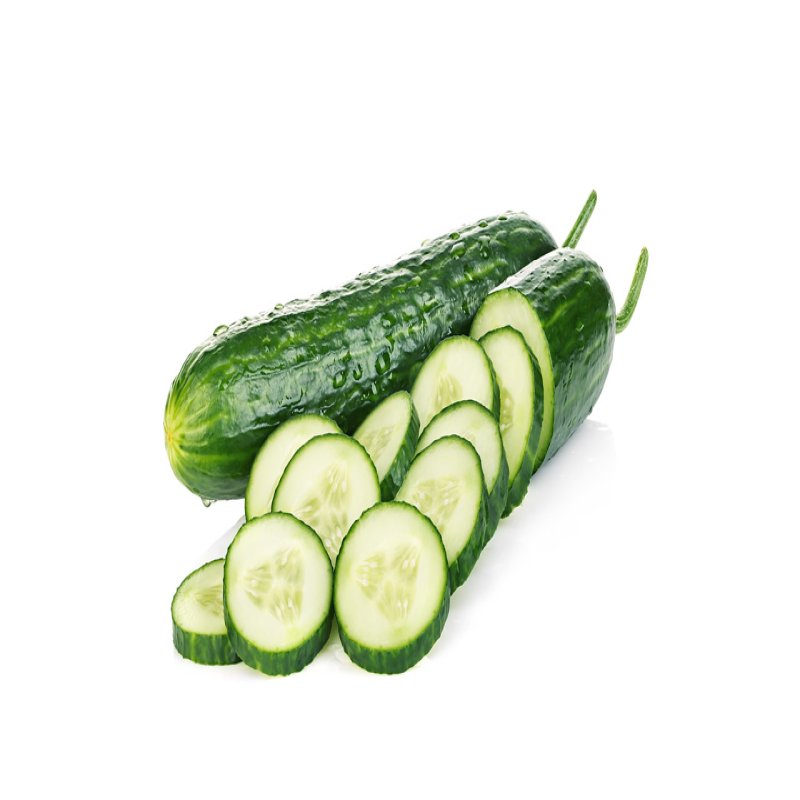
You may be familiar with the phrase “cool as a cucumber”, which speaks directly of cucumbers' soothing and cooling nature. They have a mild, refreshing taste and a high-water content that helps prevent dehydration and lowers body temperature. Additionally, some people use cucumber to soothe sunburn. Cucumber also lowers the risk of obesity, diabetes, and cardiovascular diseases while promoting healthy skin and increased energy.
Read on to know more about the health benefits of cucumber!
Cucumber is commonly known as “kheera” or “kakri” in Hindi. It is one of the oldest cultivated plants and is believed to have originated in the northern sub-Himalayan plains of India. At around 2000–3000 BC, Indian civilization started using cucumber in their rich cuisines. About 4000 years ago, the cucumber was spread beyond Indian borders and moved through Greece, Rome, and China, eventually becoming the fourth most widely cultivated food in the world.
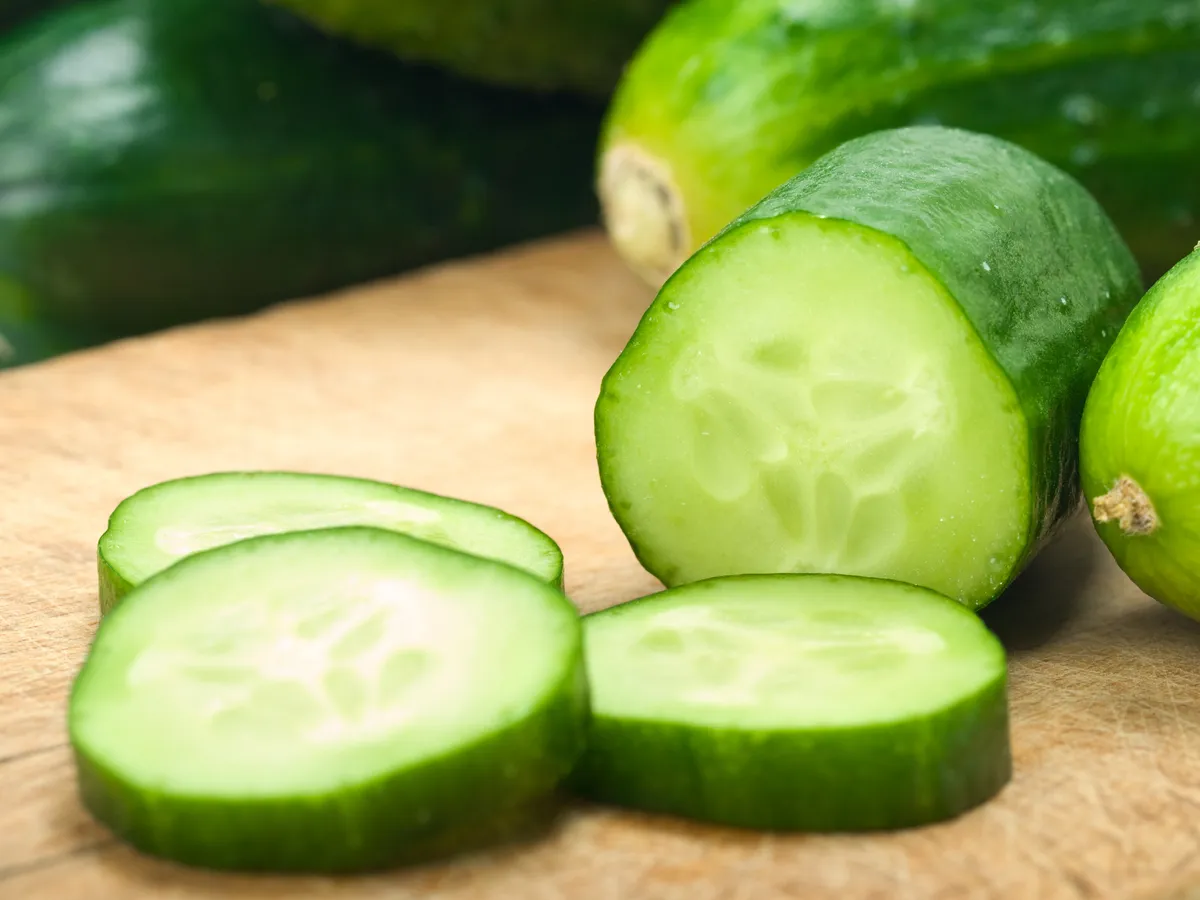
Cucumbers are scientifically known as Cucumis sativus and they belong to the Cucurbitaceae or gourd family. The plant is a creeper (vine) akin to other members of the Cucurbita family, that develops these cylindrical, edible fruits throughout the year.
– There can be a difference of 20 degrees between the inside of the cucumber and the actual temperature outside.
– Do not peel cucumbers as the skin is a great source of insoluble fibers.
– Cucumbers are 95% water, which helps in rehydrating the body.
Different varieties of cucumber are grown in different regions, and most people usually eat them fresh or pickled. Cucumbers that you eat fresh are called sliced cucumbers. Gherkin cucumbers are specially produced to make pickles.
Health Benefits of Cucumber
Cucumbers contain antioxidants such as vitamin A, vitamin C, lignans, flavonoids, and manganese. It also contains vitamin K, magnesium, calcium, and potassium, which help promote bone health. Potassium also aids in lowering blood pressure. The phytonutrient cucurbitacin present in cucumbers has anti-cancer effects.
Let us have a look at some of the health benefits of cucumber.
Fights Cancer
According to a 2010 research review published in the Scientific World Journal, the phytonutrient compound cucurbitacin present in cucumbers has anti-cancer benefits. Cucurbitacins help block the signaling pathways that are important for cancer cell proliferation and survival. Studies also state that the presence of bioactive compounds called lignans in cucumbers helps lower the risk of oxidative stress and chronic inflammation. This, in turn, helps lower the risk of cancer.
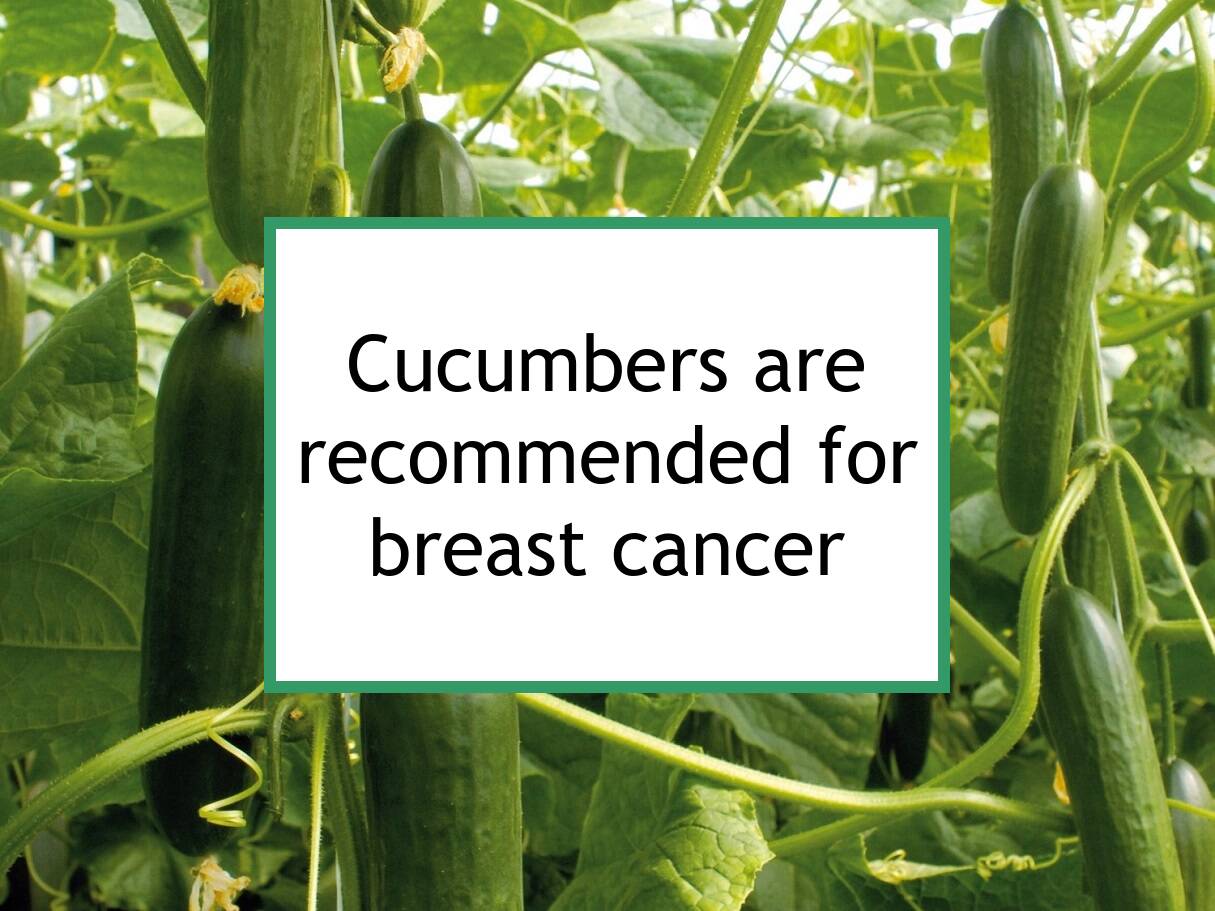
Improves Brain Health
Cucumbers contain a flavonoid known as fisetin, which protects the brain by improving memory and preventing the degeneration of nerve cells due to aging. Research also suggests that fisetin helps prevent progressive memory loss and learning impairments in mice suffering from Alzheimer’s disease.
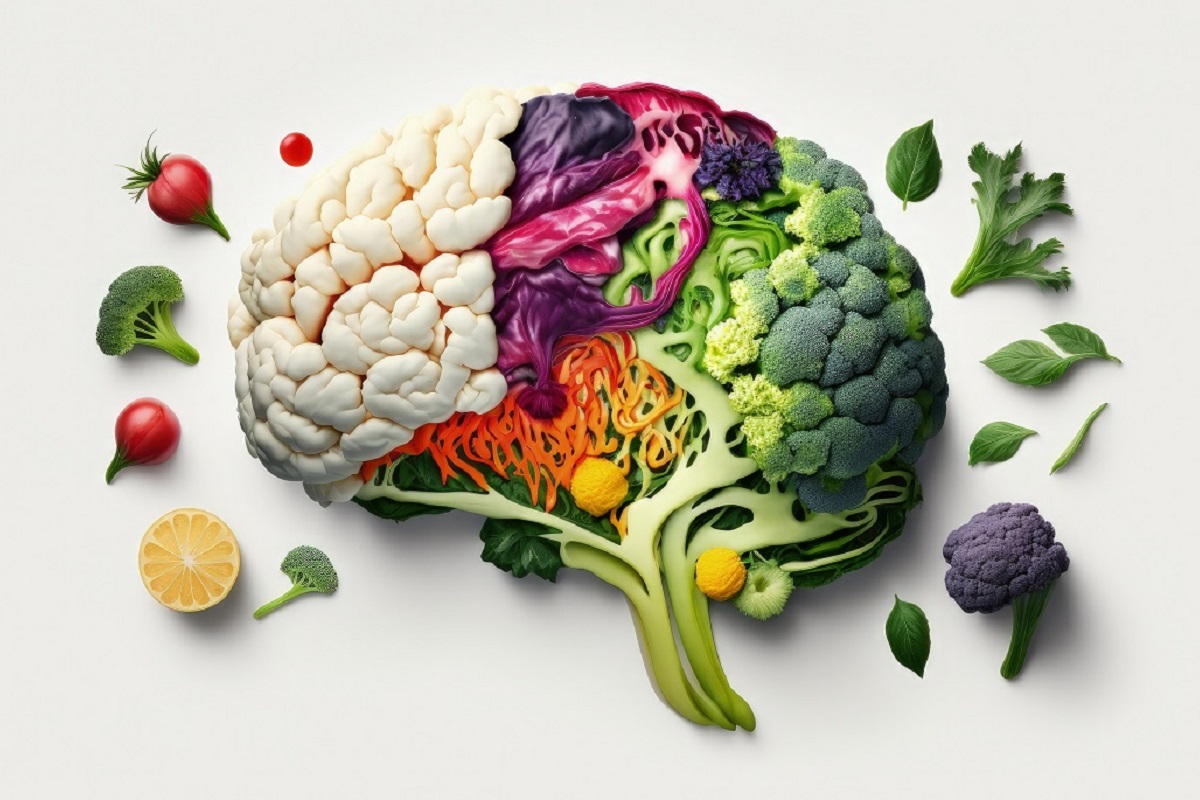
Maintains Blood Pressure
Cucumbers contain potassium, which helps maintain the normal activity of the heart and reduces high blood pressure. Additionally, potassium proactively helps maintain the sodium-potassium balance in the body, which helps in maintaining healthy blood pressure.

To learn about foods that help manage blood pressure, click here!
Promotes Detoxing
Cucumbers have excellent detoxing properties which help cleanse the body by eliminating accumulated waste and toxins. The high water content of cucumber helps the kidneys flush out toxins easily.
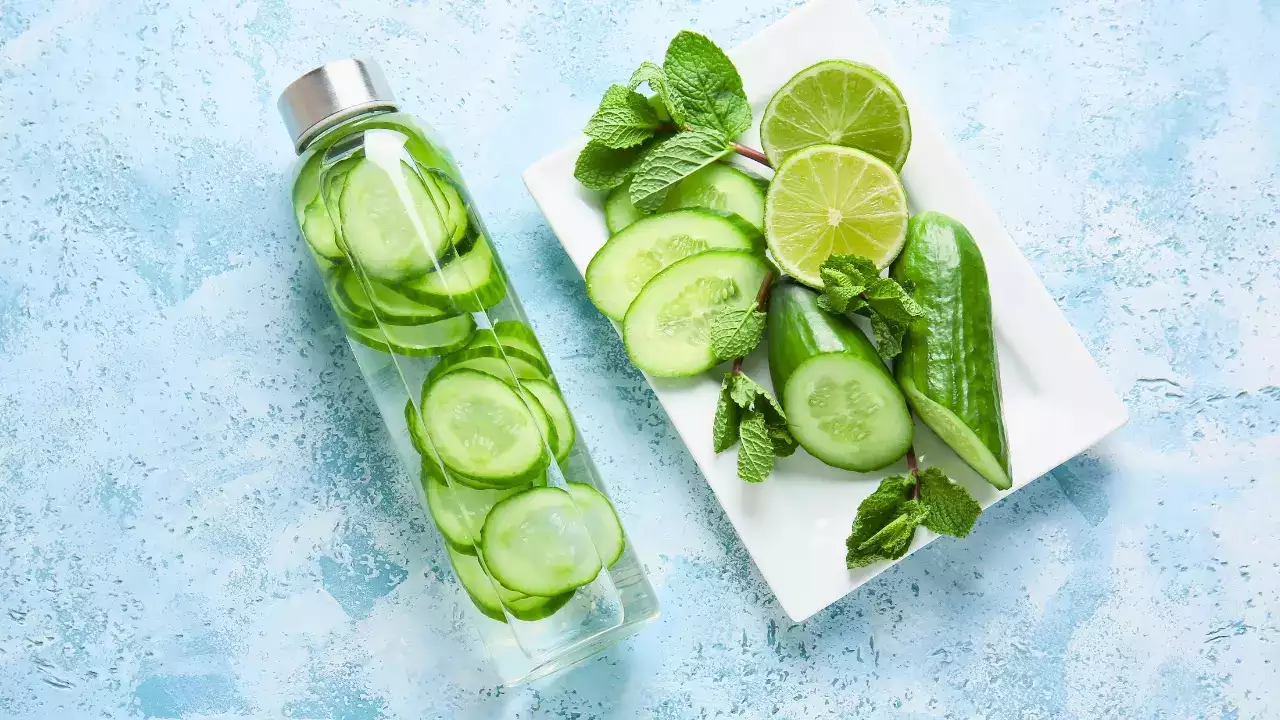
Reduces Inflammation
According to some animal studies, fresh cucumbers help reduce inflammation. Cucumber accomplishes this task by inhibiting the activity of pro-inflammatory enzymes like COX-2. It also prevents the overproduction of nitric oxide in situations where it could increase the likelihood of excessive inflammation.
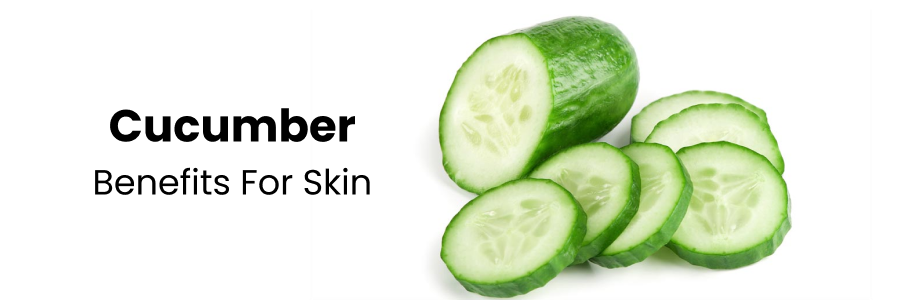
Read about 10 anti-inflammatory foods here!
Promotes Bone Health
According to the University of Maryland Medical Center, one cup of cucumber contains about 19% of the recommended daily intake of vitamin K. The human body uses vitamin K when building bones, and the effects seem to be especially important for elderly women suffering from bone diseases such as osteoporosis. Cucumber also contains calcium, which helps maintain bone health.
How can you Include Cucumbers in your Daily Life?
You can use cucumbers not only in salads but in many other cooked dishes. For example, “Dosakayi” is an Indian curry cooked extensively in South India. You can also eat pickled cucumbers with meals for proper digestion. “Khere ke pakore” is a teatime snack preferred by many. “Cucumber cooler sherbet” is locally sold during summer as refreshments. “Khamang kakdi” is a popular salad eaten in Maharashtra. Chicken biryani is incomplete without a plate of cucumber raita!
Some of the ways to use cucumbers are as follows:
- You eat cucumbers raw by adding them to salads and soups, especially during the summer, to rehydrate the body.
- Cucumber juice is excellent for body detoxification. Therefore, you can consume it after workouts for a clean digestive system and glowing skin.
- Cucumbers can also cure a bad hangover.
- Rubbing raw cucumber on the face can reduce oiliness as well as acne and pimples on the skin, as it unclogs the pores.
- Additionally, putting cucumber slices on the eyes can reduce dark circles and water retention around the eyes.
- You can also eat cucumbers to cure bad breath.
- Often, some cucumbers may turn bitter due to the presence of an excess amount of cucurbitacin. curbitacin.
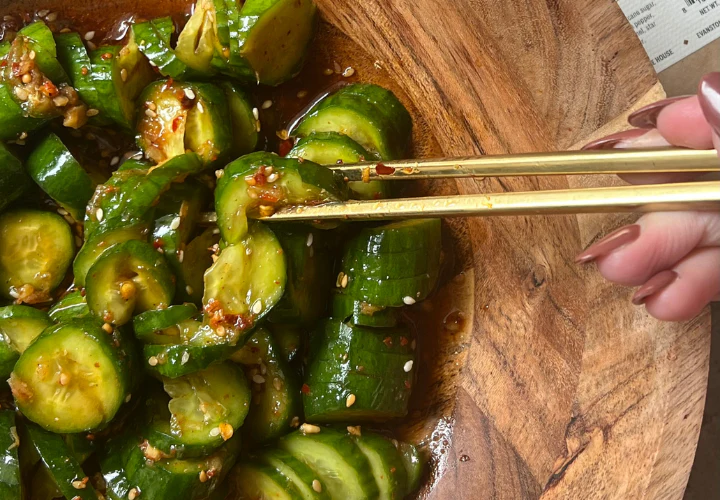
Be it a day out on a sultry sunny day or a heavy workout session, the several health benefits of cucumbers not only hydrate you but also provide your body with the nourishment it deserves.
Disclaimer: Cucumbers are relatively high in vitamin K therefore; excessive consumption of cucumber can have an effect on blood clotting. People who use warfarin, coumadin, or similar blood-thinning drugs, should be careful of their consumption.
Nutritional Information
100 grams of unpeeled cucumber provides 16 calories.
Carbohydrates-3.6g (Dietary fiber-0.5g, Sugar-1.7g), Protein-0.7g, Sodium-2mg, Potassium-147mg
Percentage daily value of vitamin- Vitamin A-2%, Vitamin C-4%, Iron-1%, Magnesium-3%, Calcium-1% (based on a 2,000-calorie diet)


.png)


